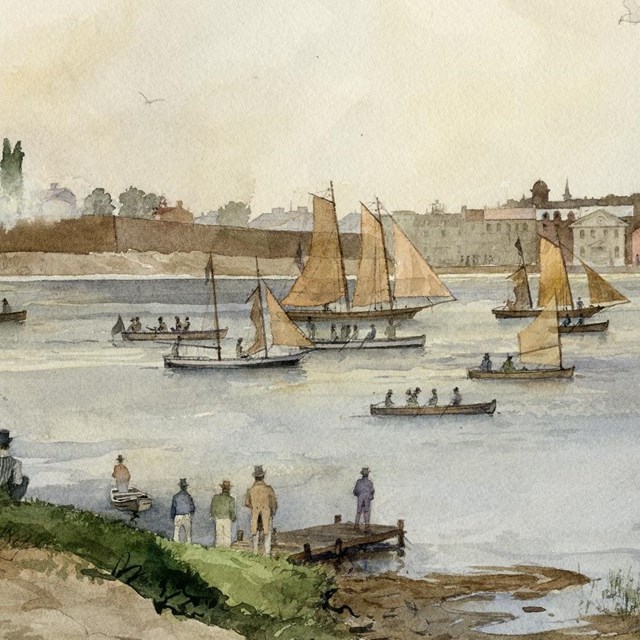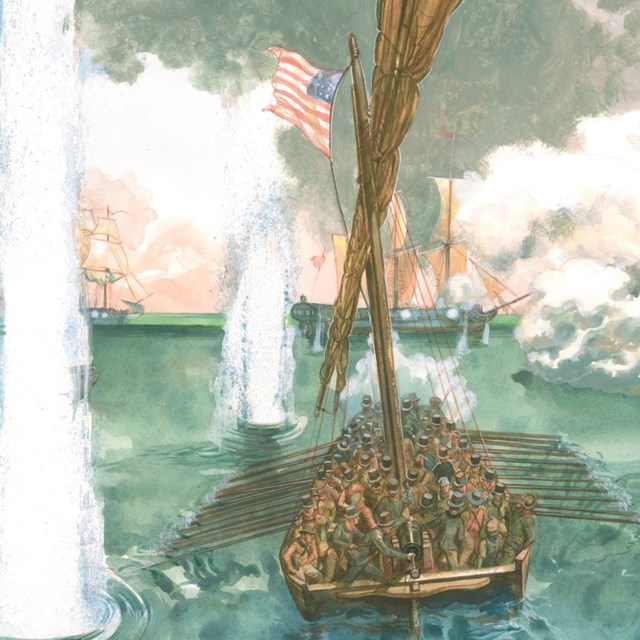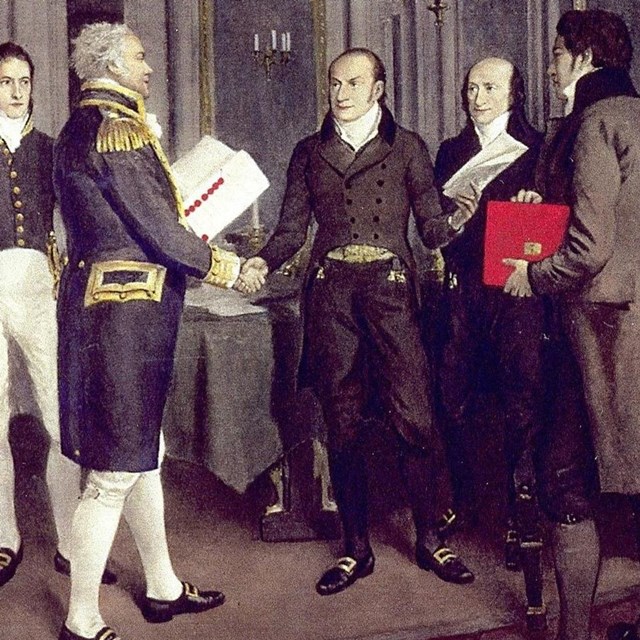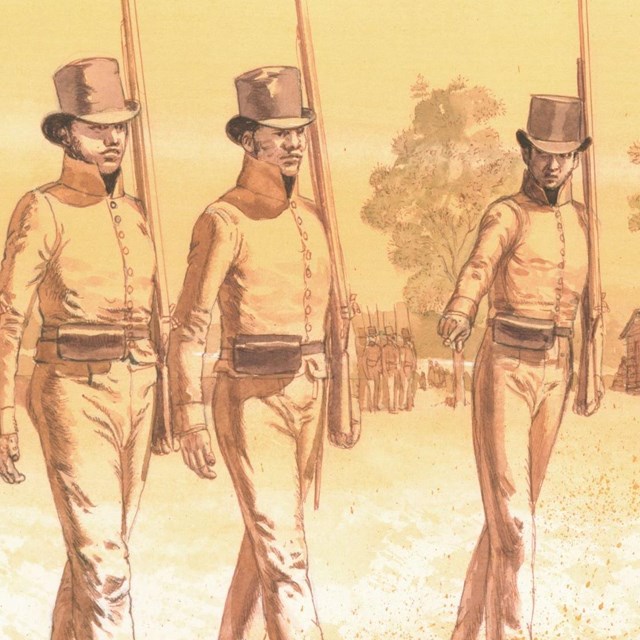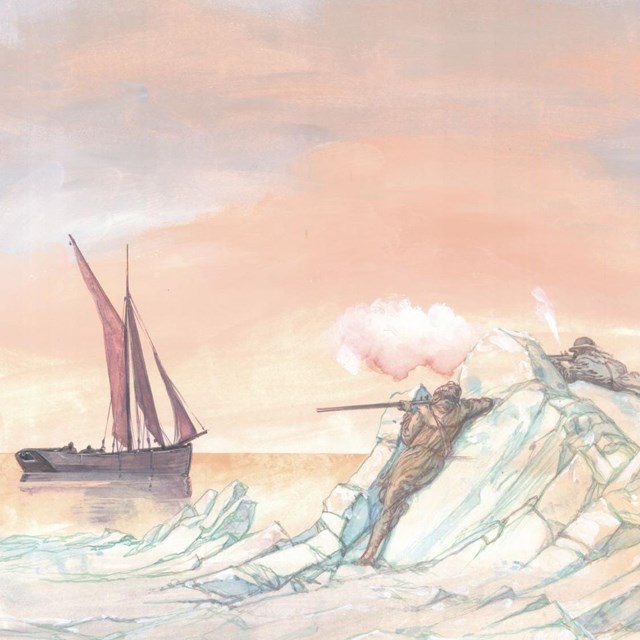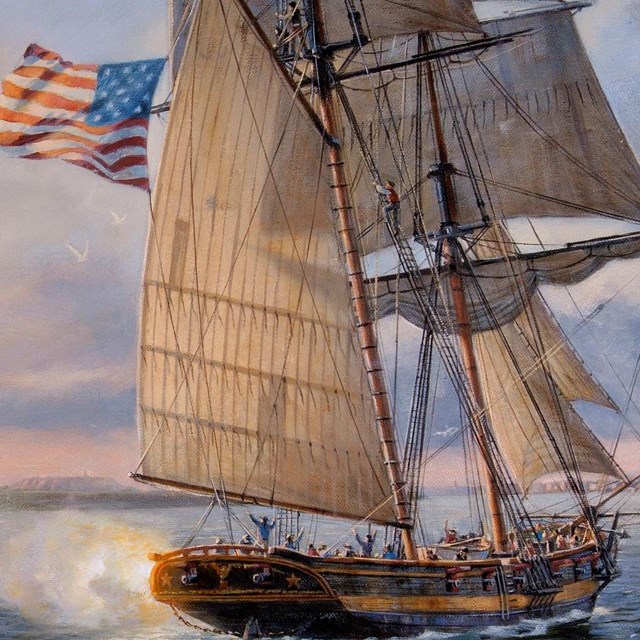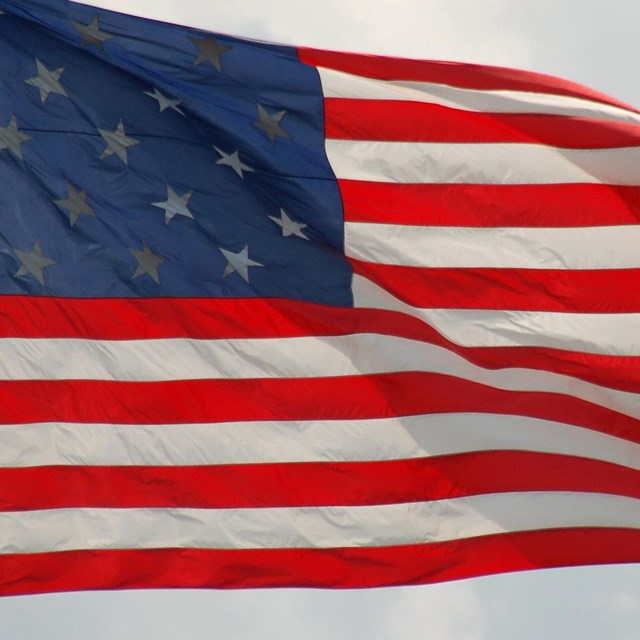|
The War of 1812 was a conflict between the United States and the British Empire that lasted from June 18, 1812, to February 16, 1815. The war boosted America’s reputation by successfully defending against the British navy. It tested the U.S. Constitution and the new government. Despite being divided and unprepared, the nation emerged intact, establishing borders with Canada, opening the Oregon Territory, and improving trade. The war had lasting effects on Indigenous people. Many tribes allied with the British for protection, but after the war, they were abandoned, leading to significant loss of people, land, and even culture. Black people played key roles on both sides, with the British offering freedom to enslaved individuals who fought for them. Their participation highlighted the contradictions of slavery in a nation fighting for freedom. Women were also important contributors, managing homes, serving as nurses, and some even fighting disguised as men. Their efforts challenged traditional roles and helped spark the early women’s rights movement. One of America's greatest strengths is its diversity. We are united not by our race, gender, or religion, but by our common ideals. The War of 1812 reshaped the nation and influenced American identity for years to come. Learn more about the War of 1812 and its impact on the Chesapeake Bay region below.
Learn more about the War of 1812 and its impact on the Chesapeake Bay region below.
|
Last updated: June 18, 2025

